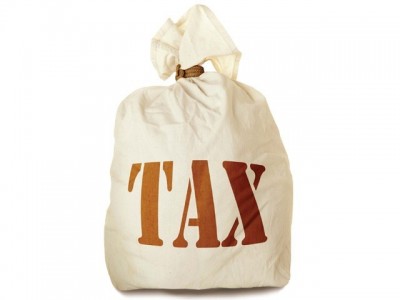On 7th November some German newspapers presented a so-called “study“ which argues that Germany ranks eighth in the world as a tax haven. This is obviously very surprising. Instead of quoting this “investigation“ and using it for policy recommendations, one might analyse the methodology. Why does Germany rank eighth?
First, the authors create the so-called secrecy score. A country with traditional reliable tax secrecy, like Germany, (although the trial against the president of Bayern Munich, Uli Hoeness, is a different matter…) performs badly. Something positive is evaluated as negative. This does not affect companies which usually publish their balance. The second factor which influences the ranking position is the size of the country. A big country, like Germany, with large capital markets and capital flows receives a high score. Thus, reliable tax secrecy and the economic size of Germany result in a bad ranking position. Germany looks similar to banana republics and tax havens.
Is this study really about tax havens? The answer is no. There are rigid rules regarding money laundering in Germany. Our tax administration and tax enforcement are effective and shut down nearly every loophole. Tax evasion is detected more and more by the purchase of stolen bank data and investigation by the media.
This study is not worth the paper on which it is printed.



